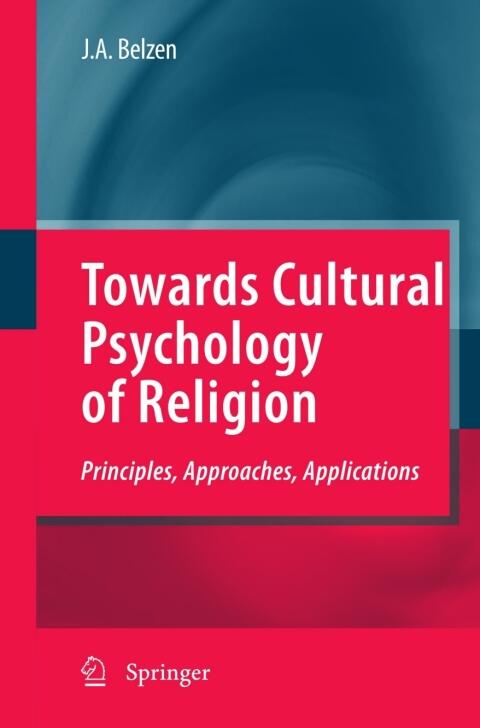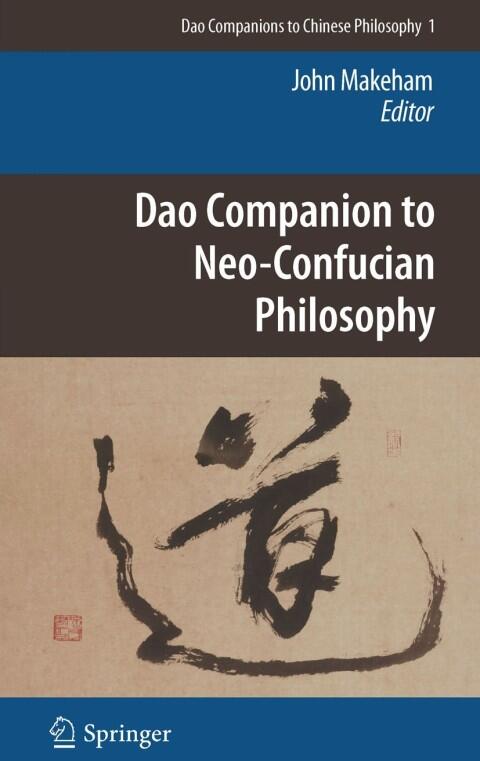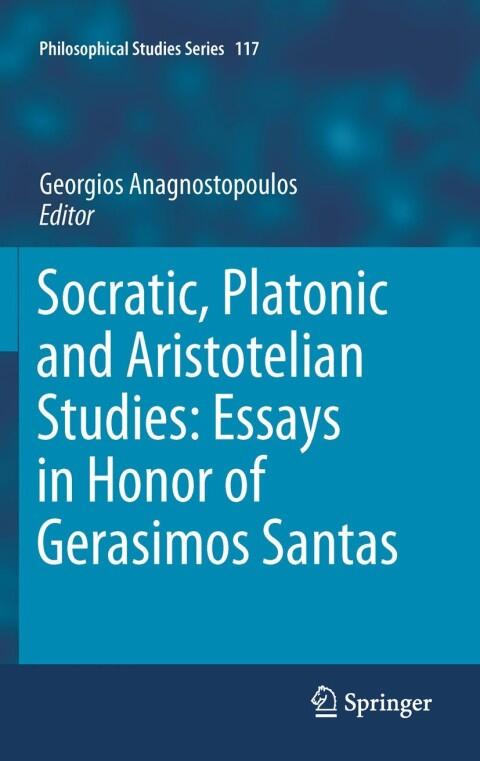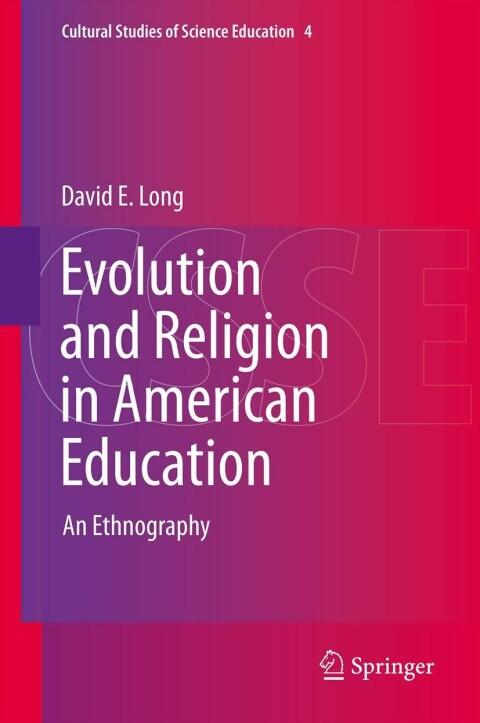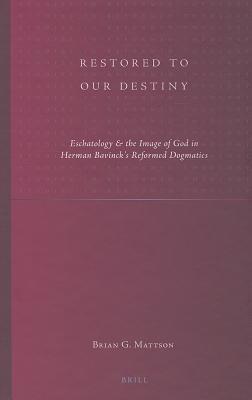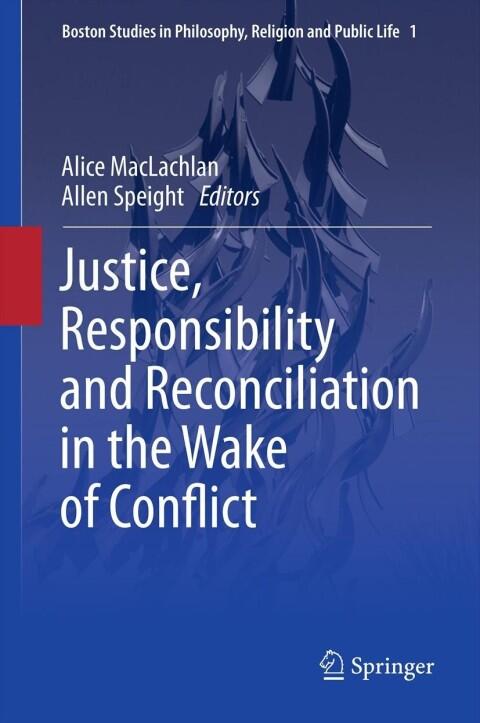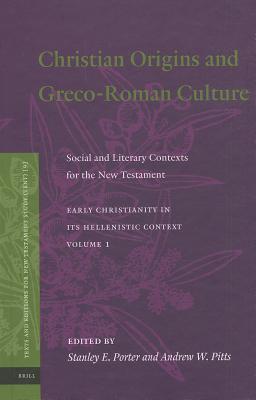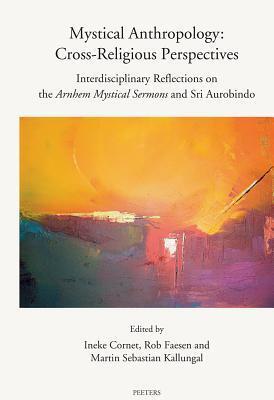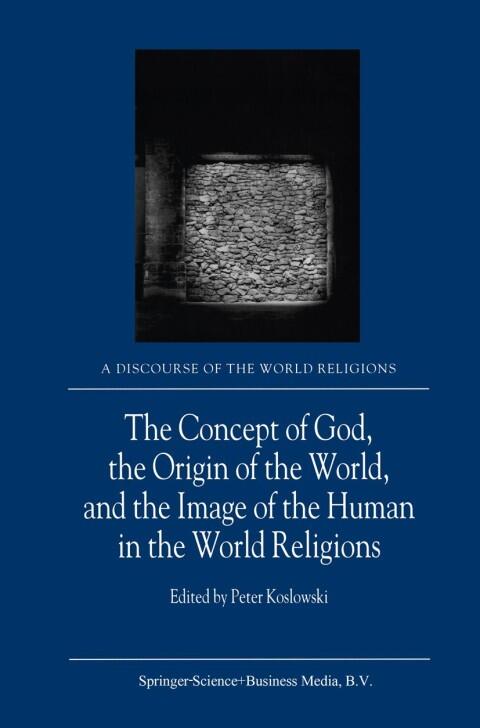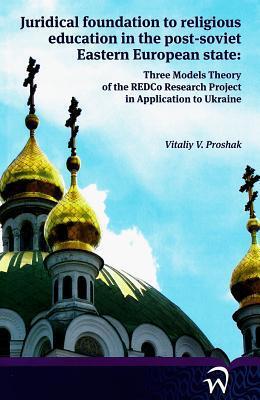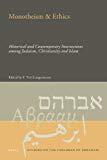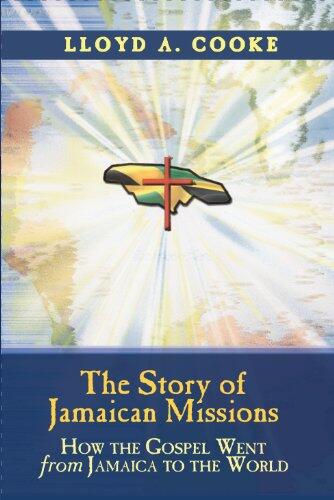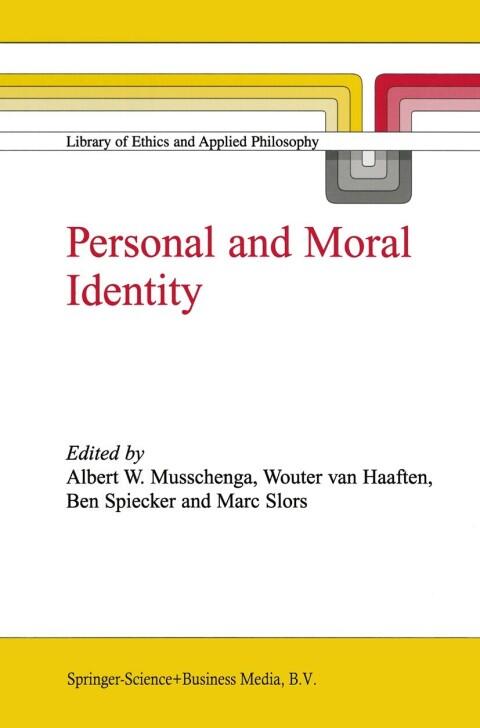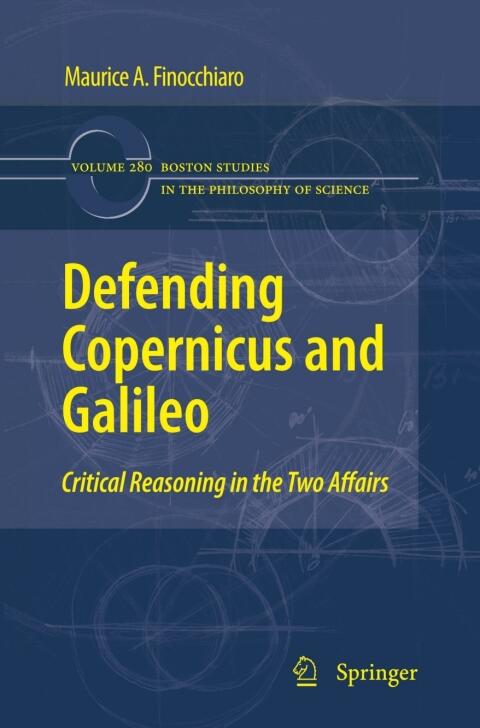
Defending Copernicus and Galileo: Critical Reasoning in the Two Affairs
بواسطة
Maurice A. Finocchiaro
لا توجد تقييمات بعد
Religion & Spirituality
Science & Technology
History
+1
more
تنسيق
كيندل
صفحات
398
لغة
الهولندية، الفلمنكية
منشور
Jan 1, 2010
الناشر
Springer
الطبعة
2009
رقم ISBN-10
9048132010
رقم ISBN-13
9789048132010
الوصف
Maurice A. Finocchiaro delves into the historical intrigues surrounding two of science's most pivotal figures, Copernicus and Galileo, weaving together a narrative that explores the intersections of reason, faith, and the pursuit of knowledge. With a unique approach, the author approaches these historical events not merely as isolated incidents but as parts of a larger dialogue about critical reasoning, science, and authority in society.
Finocchiaro meticulously scrutinizes the trials these figures faced, highlighting the substantial contributions of philosophical reasoning in their defense. He brings to light how both men confronted the prevailing paradigms of their time, challenging the accepted geocentric views and offering a new heliocentric model. Through their struggles, they not only advanced scientific understanding but also highlighted the tensions between empirical evidence and institutional belief systems.
By contextualizing these events within the broader narrative of the scientific revolution, Finocchiaro invites readers to appreciate the complexities of advocating for change in a resistant environment. The work serves to remind readers of the importance of intellectual courage in the face of adversarial forces.
Engaging with a wealth of historical documents and contemporary interpretations, this examination offers a refreshing perspective on the significance of Copernicus and Galileo's legacies. It encourages a reevaluation of how critical reasoning can continue to shape scientific discourse, echoing through the ages.
Finocchiaro meticulously scrutinizes the trials these figures faced, highlighting the substantial contributions of philosophical reasoning in their defense. He brings to light how both men confronted the prevailing paradigms of their time, challenging the accepted geocentric views and offering a new heliocentric model. Through their struggles, they not only advanced scientific understanding but also highlighted the tensions between empirical evidence and institutional belief systems.
By contextualizing these events within the broader narrative of the scientific revolution, Finocchiaro invites readers to appreciate the complexities of advocating for change in a resistant environment. The work serves to remind readers of the importance of intellectual courage in the face of adversarial forces.
Engaging with a wealth of historical documents and contemporary interpretations, this examination offers a refreshing perspective on the significance of Copernicus and Galileo's legacies. It encourages a reevaluation of how critical reasoning can continue to shape scientific discourse, echoing through the ages.
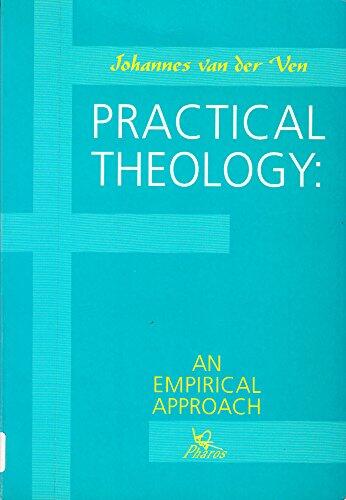
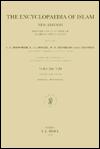
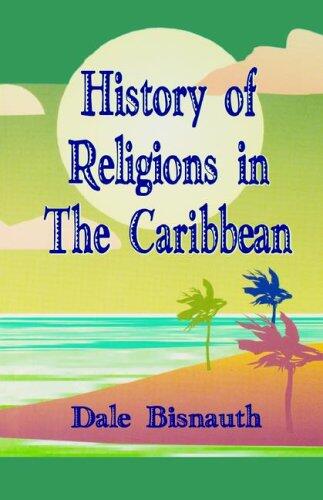
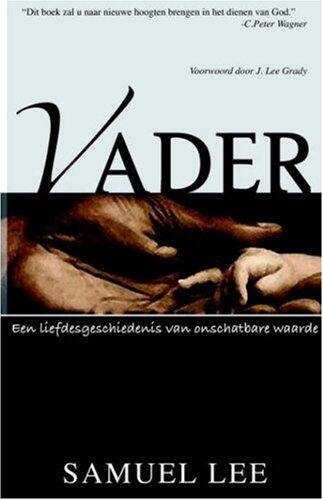
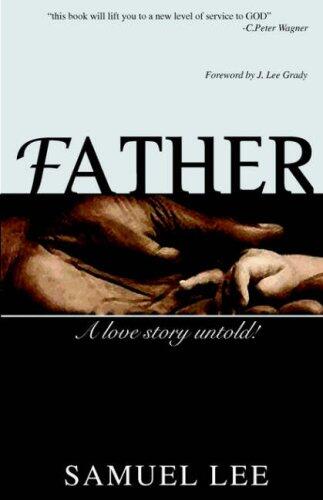
![[Ethical Principles and Economic Transformation - A Buddhist Approach (Issues in Business Ethics)] [Author: x] [May, 2011]](https://images.bookpine.com/bd815e9c-ead9-4e64-bfb5-aea659b2460b.jpg)
